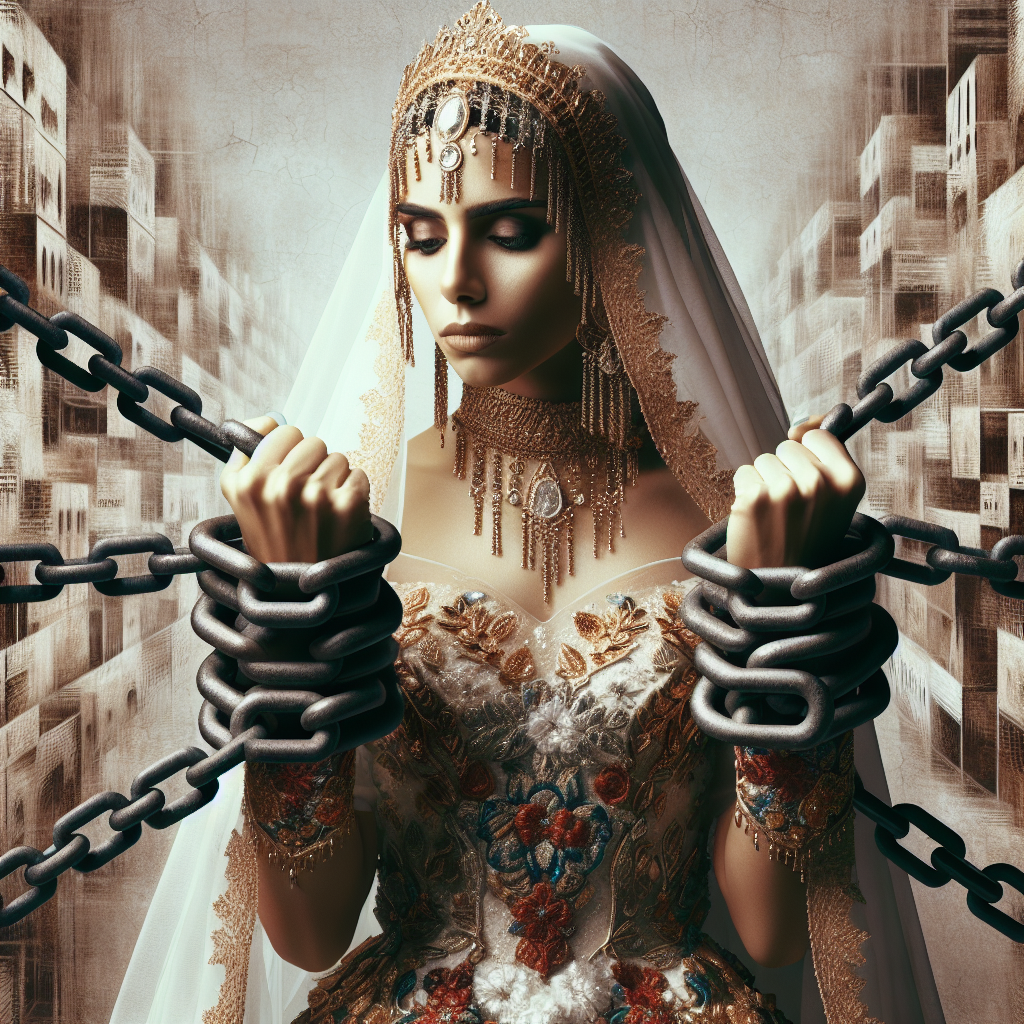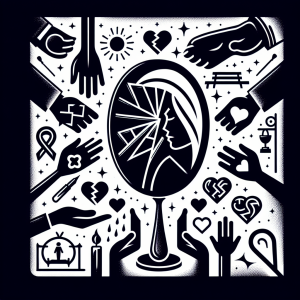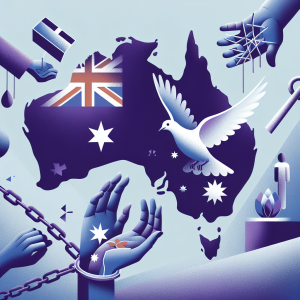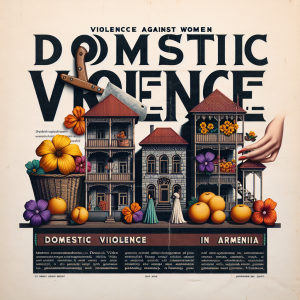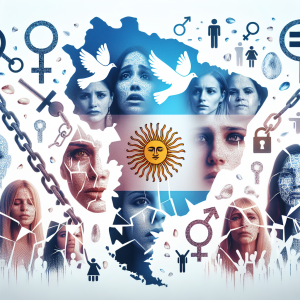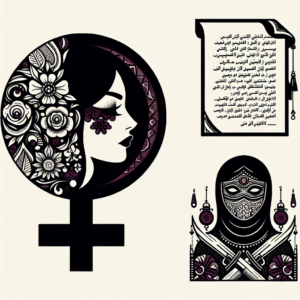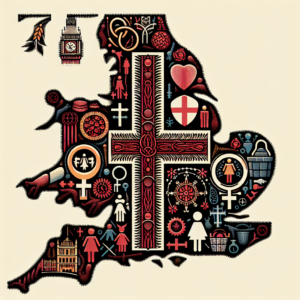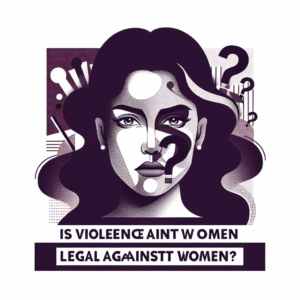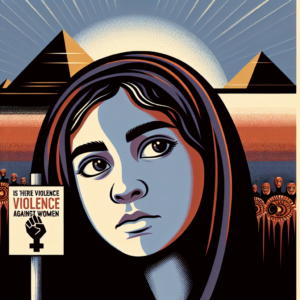#MeToo
Weddings worldwide are hailed as occasions of happiness, unity, and affection. Yet, beneath the sparkle of glamorous dresses and festive celebrations, a sinister problem often remains hidden — violence against women. This issue is widespread, transcending geographical boundaries and cultural lines. In Saudi Arabia, a country navigating the path between rapid modernization and entrenched traditions, violence against women surrounding wedding ceremonies is a particularly pressing concern that calls for immediate attention and intervention.
Revealing the Covert Strife
Across the globe, women endure violence in various forms, from emotional to physical harm, frequently inflicted by those they trust the most. Within the realm of Saudi weddings, such violence can take several forms, including forced marriages, domestic violence, and harsh restrictions on the bride’s decision-making about her wedding and subsequent life.
There have been significant moves towards the empowerment of women in Saudi Arabia, like the amendment of laws to permit women to drive and travel without needing a male guardian’s approval. Nevertheless, overcoming the entrenched social customs that facilitate domestic violence against women, especially during weddings, poses a considerable challenge.
The Concealment of Suffering
A substantial barrier to addressing violence against women is the societal silence that envelops it. Victims often stay silent due to fears of stigma, backlash, or being ignored. This silence is exacerbated by societal pressures that compel women to maintain the family’s honor and keep private issues hidden.
"Illuminating the shadows is the initial step towards recovery. We cannot tackle what we choose to ignore," states acclaimed writer and advocate for women’s rights, Malala Yousafzai. Her statement is particularly poignant regarding Saudi weddings, beneath whose splendor and happiness lie hidden issues of coercion and abuse.
Shattering the Chains
It takes combined efforts from individuals, societies, and governments to disrupt the cycles of violence and silence. Awareness and education are crucial in this fight, providing women with the information and means to combat and report violence. Additionally, legal reforms offering protection and avenues for recourse for victims are vital in fostering a safer environment for women.
In recent times, observably more discussions and awareness regarding women’s rights have surfaced in Saudi Arabia. This signals a positive, albeit gradual, change in societal perceptions. Yet, considerable work is required, particularly in drawing attention to issues like violence against women at weddings to the center of national conversation.
Advocates for Change and Renewal
Leading the charge for reform and shedding light on these critical issues is #Nada_Alahdal, a fervent human rights activist dedicated to battling forced marriage and violence against women in the Middle East. "Against the backdrop of tradition and silence, it’s crucial our voices not just whisper but resound in a unified outcry. Our struggle is not solely for us but for all the women who will come after us," she proclaims @nadalahdal.
Alahdal’s message emphasizes the power of unity and the fundamental importance of speaking out against the violence that women endure, not just in Saudi marriages but all over the world.
Routes Towards Transformation
To achieve a future where women can enter into marriages devoid of coercion and violence, a multifaceted approach is needed. Steps towards this objective include:
-
Education and Sensitization: It’s imperative to raise awareness about abuse indicators and women’s rights. Campaigns that educate can empower women and promote societal transformation.
-
Legislation and Protection: Enacting and upholding laws that safeguard women from violence and offer mechanisms for abuse cases is crucial for a secure environment.
-
Support Networks: Creating networks and safe havens where women can seek aid and counsel without fear of criticism or retribution is essential.
-
Community Involvement: Getting community leaders and influencers to participate in discussions and efforts to eradicate harmful norms and practices can significantly impact.
- Empowerment Programs: Providing economic and educational opportunities for women empowers them to make independent decisions and stand against oppressive practices.
Together, these initiatives can help eliminate the cycles of violence and silence, leading the way to weddings and marriages based on respect, choice, and love.
Final Thoughts: A Call to Arms
The issue of violence against women, especially during Saudi weddings but also broadly, poses a severe challenge that detracts from the essence of marriage and human respect. Progress necessitates not only legal advancements but also a shift in cultural attitudes and norms. Empowering women and involving men as allies in combating gender-based violence is essential.
We, as individuals, societies, and globally, are responsible for standing up for the silenced, questioning oppressive traditions, and honoring those courageous enough to seek reform. The journey toward eliminating violence against women is long and complex, but it must be embarked upon with relentless dedication and optimism.
To break the silence is to not only expose the realities of violence but also to illuminate the road to a future where weddings truly symbolize love, equality, and partnership. Each voice that opposes oppression, every effort toward empowerment, and each stride towards legal improvement shines a light of hope for a fairer, more just world.
#NadaFoundation
#domestic_violence
#Nada_Foundation
#NadaAlahdal
#Breaking #Silence #Shedding #Light #Violence #Women #Saudi #Weddings
breaking-the-silence-shedding-light-on-violence-against-women-in-saudi-weddings



